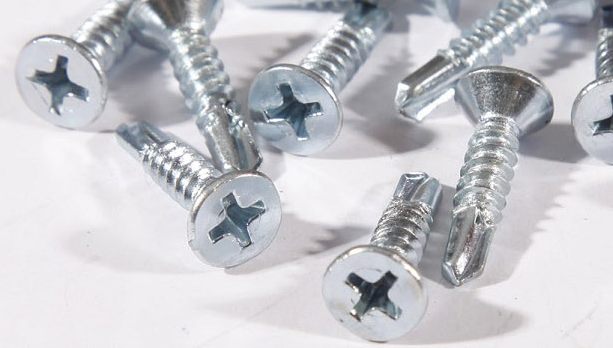what is chemical anchor bolts
What Is Chemical Anchor Bolts?
Chemical anchor bolts are innovative fastening solutions that utilize a chemical bonding agent to secure various materials together. These bolts are widely used in construction, civil engineering, and other industrial applications due to their exceptional holding strength and versatility. Understanding what chemical anchor bolts are, how they work, and the advantages they offer is essential for anyone involved in construction or heavy-duty fastening projects.
Definition and Components
Chemical anchor bolts consist of a threaded rod or bolt and a resin-based adhesive. The adhesive, often a combination of epoxy or polyester, is injected into a pre-drilled hole in concrete or masonry before the bolt is inserted. As the resin cures, it forms a strong chemical bond with the surrounding material, resulting in a high-load capacity and resistance to various environmental factors.
There are different types of chemical anchors, including injection anchors, capsule systems, and premixed adhesives. Each type has its specific application and installation method, but the core functionality remains the same creating a robust bond through chemical means.
How Chemical Anchor Bolts Work
The installation of chemical anchor bolts involves several key steps
1. Site Preparation The installation area must be clean and free from dust, grease, and debris. Proper preparation ensures optimal adhesion between the anchor and the substrate.
2. Drilling A hole of the appropriate diameter and depth, as specified by the manufacturer, is drilled into the concrete or masonry. The size of the hole is crucial, as it needs to correspond precisely to the anchor bolt size.
3. Injection of Adhesive The resin is then injected into the hole, filling the space around it. In capsule systems, the capsules containing the resin are broken during installation to release the adhesive.
4. Insertion of the Bolt The bolt is inserted into the adhesive-filled hole. As the resin cures, it encapsulates the bolt, creating a strong bond.
5. Curing Time The anchor should remain undisturbed for a specified curing time, which varies based on the type of adhesive used and environmental conditions. Once cured, the chemical anchor provides a solid hold.
what is chemical anchor bolts

Advantages of Chemical Anchor Bolts
Chemical anchor bolts offer several significant benefits over traditional mechanical anchors
1. High Load Capacity Chemical anchors can withstand greater loads due to the chemical bond created with the substrate. This makes them ideal for high-stress applications.
2. Versatility They can be used in various materials, including concrete, brick, and stone, making them suitable for a wide range of construction scenarios.
3. Resistance to Corrosion Many chemical anchor adhesives are formulated to be resistant to moisture and weather conditions, increasing the longevity and reliability of the installation.
4. Reduced Spacing Requirements Unlike mechanical anchors, which may require minimum spacing due to expansion or vibration, chemical anchors allow for closer placement, optimizing material usage and installation efficiency.
5. Shock Absorption Chemical anchors can absorb vibrations and dynamic loads better than traditional bolts, making them ideal for applications like machinery mounting or seismic safety elements.
Applications
Chemical anchor bolts are used in countless applications. They are common in securing
- Structural elements, such as beams and columns. - Machinery and equipment in industrial settings. - Signage and barriers in civil engineering projects. - Fixtures and fittings in residential and commercial construction.
Conclusion
In summary, chemical anchor bolts present a superior fastening solution that combines strength, versatility, and durability. Their ability to create a robust bond through chemical means sets them apart from traditional mechanical anchors. Understanding their function and advantages can significantly enhance the efficiency and safety of construction and engineering projects, making them an essential tool in modern construction practices. Whether securing heavy machinery or structural components, the application of chemical anchor bolts plays a crucial role in ensuring stability and reliability in construction.
-
Weatherproof Plastic Expansion Anchors for OutdoorKabarJun.06,2025
-
Sustainability in the Supply Chain: Eco-Friendly TEK Screws ProductionKabarJun.06,2025
-
Load-Bearing Capacity of External Insulation FixingsKabarJun.06,2025
-
Double Head Bolts: Enhancing Efficiency in Industrial MachineryKabarJun.06,2025
-
Corrosion Resistance in Chipboard Screws: Coatings for Wholesale DurabilityKabarJun.06,2025
-
Butterfly Toggle Bolts : Enhancing Structural ResilienceKabarJun.06,2025
